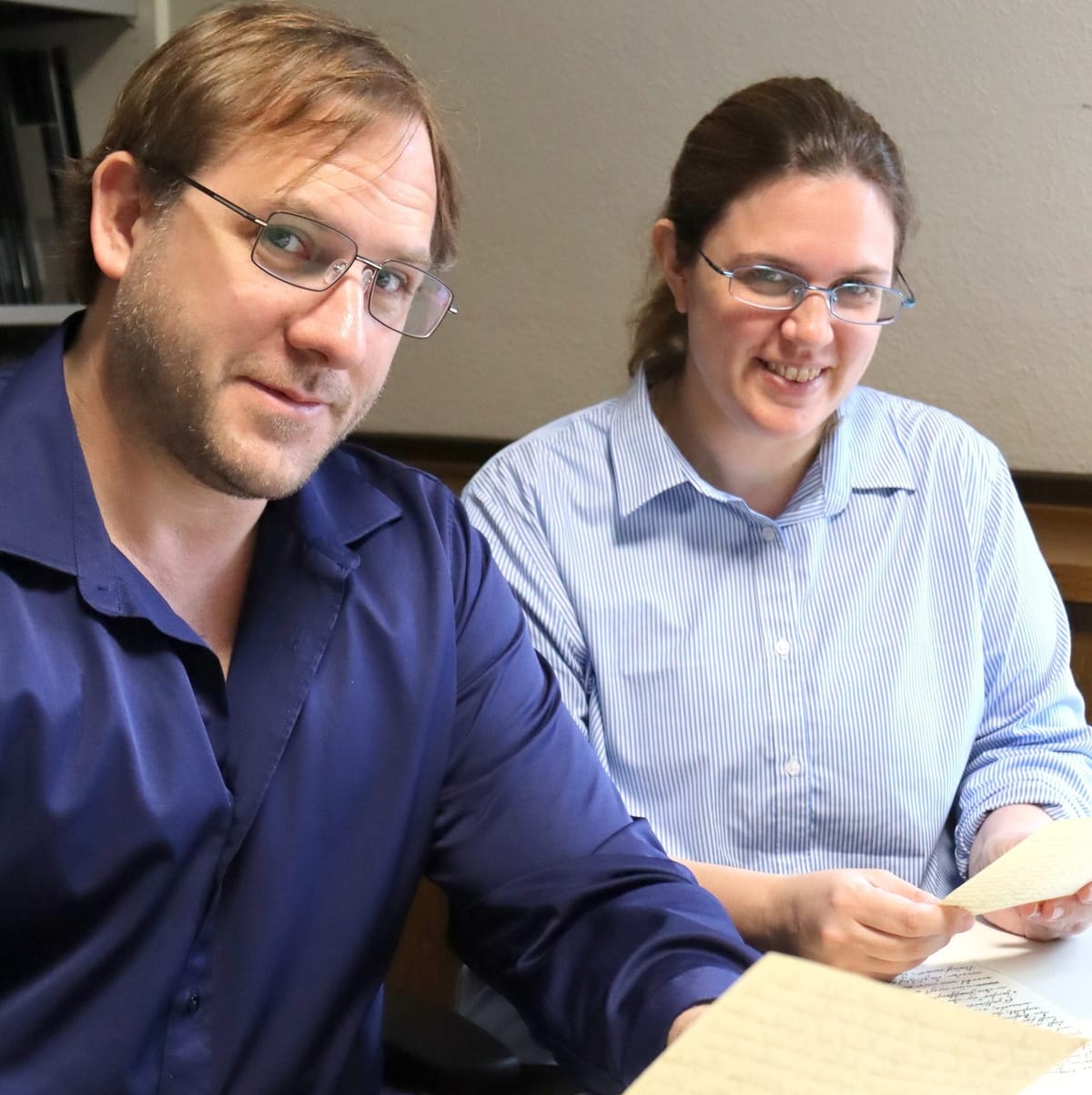Why you should keep a diary

Many famous people and politicians write journals, diaries, and memoirs with the knowledge that people will buy them and read them. Thus, it can be hard to tell embellishment from fact or fiction. They are quite often interesting to read and provide a glimpse into that person's life, but a personal diary from an everyday person can provide so much more.
In May 2025, I had the privilege to spend a couple days in the Deutsches Tagebucharchiv (The German Archives for Diaries) in Emmendingen, Germany. It is one of only two diary archives in all of Europe devoted solely to personal collections - and the only one run by volunteers. The Tagebucharchiv collects journals, letters, memoirs, and diaries from people in Germany beginning in the 1700s.
I needed personal history accounts from regular Germans, spanning from the late 1800s through the mid 1900s for work on a project, and the Tagebucharchiv was the only place to get them. Because the contents of the diaries are not available online, my husband and I physically went to the site.
Working with the material in the Diary Archive is fascinating because you don't know what you will find. The collections we discovered varied a lot, depending on the person and time period – from a woman writing down (for decades) what she made for her husband every night for dinner, to an extensive life-timeline, to the minutes of a meetings from the Stammtisch "men of the village" during the 1930s (which was most striking to me because the writer had drawn a lot of pictures intermingled with the writing). Even in small German villages today a group of men still meet monthly to discuss important things that are happening, and women are not allowed to attend these meetings.
The collections found provide an entirely different perspective of history because some people who write a diary never expect it to be read. The significance is that they provide an open window to the time period which is critical to really understanding the past.
For example, I could try to convey what life was like at Auschwitz, or just let you read the account of man that I found who literally lived in Auschwitz as a prisoner, and wrote about his time there a few months later. Likewise, I could tell you what life was like as a woman on the German homefront during the Second World War in Germany, but you would get so much more from the personal accounts. Stepping into someone life for a few pages, or even decades, can provide a profoundly different view of a time period and events that happened.
Stories are important. Your story is important. You have a story to share that no one else can, and telling it is worth doing.

